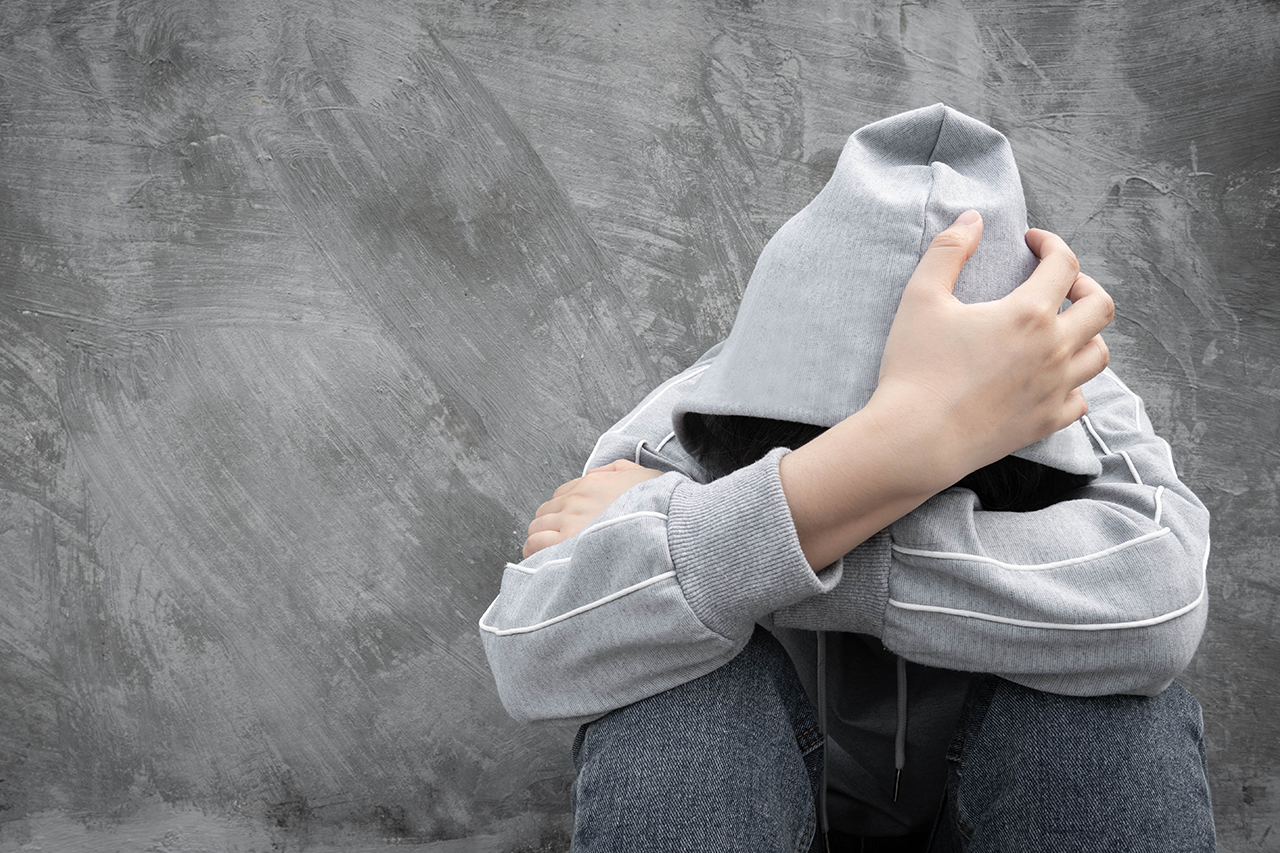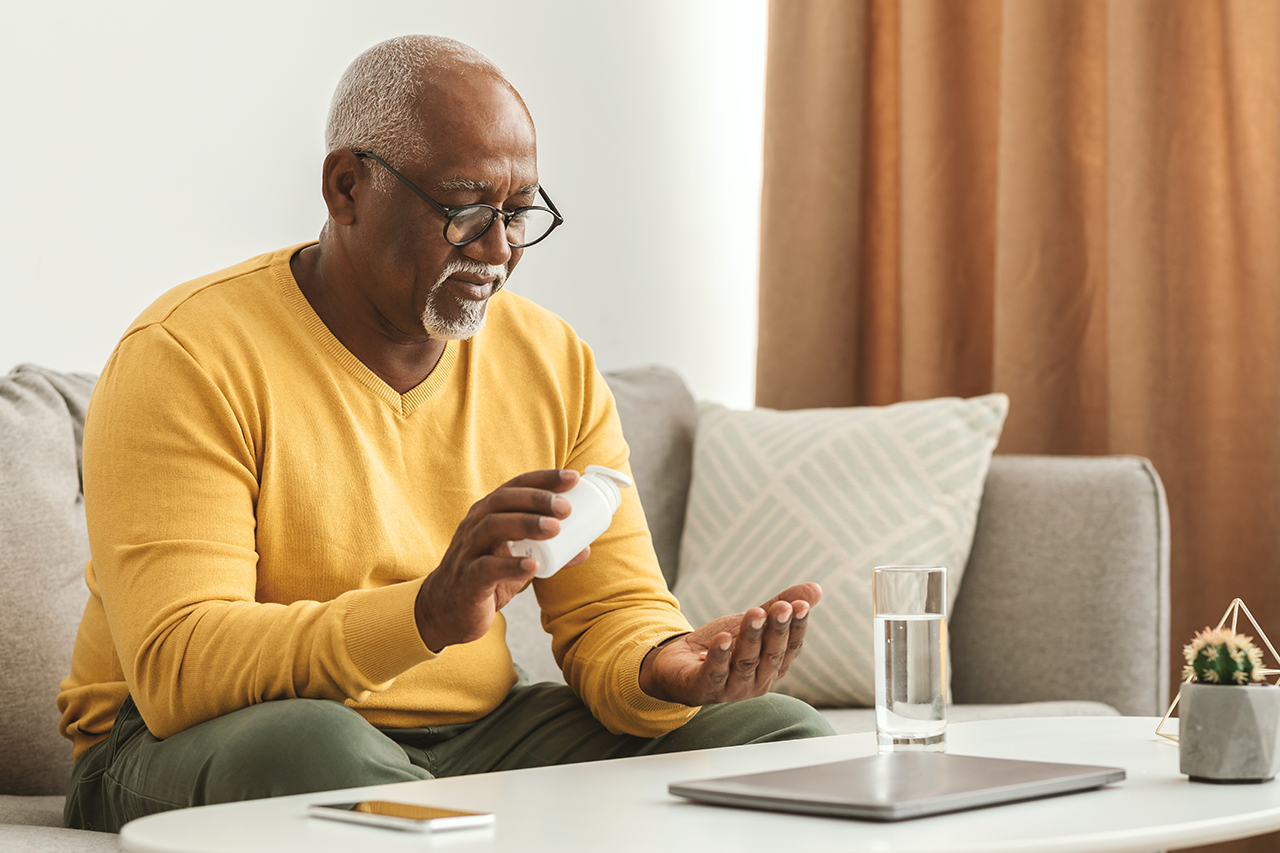


LAAM Drug Addiction: Signs, Side Effects, & Treatment
September 28, 2022


Signs You are Dating an Alcoholic & What to Do
October 14, 2022


LAAM Drug Addiction: Signs, Side Effects, & Treatment
September 28, 2022


Signs You are Dating an Alcoholic & What to Do
October 14, 2022
GBL Drug Abuse: Signs, Side Effects, & Treatment
It’s no surprise that many people abuse illicit substances for recreational purposes. Among these commonly abused substances are illegal drugs like gamma-butyrolactone (GBL). GBL acts as a depressant on the central nervous system (CNS), causing impaired judgment, sedation, and possibly even overdose. GBL drug use is so impairing that the substance is often used as a date rape drug. Below is more on this substance and its side effects.
What Is GBL Drug?
Gamma-butyrolactone is a common chemical used in cleaning solutions and nail polish. It’s classified as a Schedule I controlled substance, meaning it’s illegal to use, sell, and produce in the United States.
When ingested, the chemical converts to gamma-hydroxybutyrate (GHB), a substance that’s well-known as a date rape drug. These are substances that are used to sedate victims and facilitate sexual assault.
When the body converts GBL into GHB, it can shut down certain functions in the CNS. However, despite these safety concerns, many people abuse GBL for recreational purposes, athletic performance, depression, and other purposes, but there isn’t any solid evidence to support these uses.
GHB (what GBL converts to in the body) is a dangerous and potentially lethal substance that has been at the root of many deaths, particularly among users that combine it with alcohol. GHB prevents the body from processing alcohol efficiently and therefore leads to toxic and adverse side effects.
Both substances can contribute to physical dependence and addiction. Long-term users become accustomed to sedative and euphoric side effects of GBL, which can lead to a physical and psychological desire to continue their drug use. While the two substances – GBL and GHB – are not the same, the end results and their addictive natures are.
GBL Drug Effects
Also known by street names like “blue nitro,” “thunder,” “Gamma G,” and “liquid gold,” GBL is more potent than its counterpart (GHB), as it only takes one milliliter of GBL to produce the same effects as 1.6 grams of GHB.
Common GBL side effects include:
- Inability to control bowel movements
- Nausea and/or vomiting
- Mood swings, depression, and other mental health problems
- Sedation
- Agitation
- Aggression and irritability
- Respiratory depression
- Cardiovascular problems
- Fainting
- Seizures
- Coma
- Death
GBL has become a popular drug in the club scene. According to one study published in the American Journal of Public Health, nearly all 295 regular circuit partygoers in the San Francisco Bay area used club drugs at parties, with one-fourth reporting specifically the use of GBL or GHB. 1
Athletes may also use GBL to gain weight. Although the FDA issued a warning for products that contain GBL in 1999, it’s still a widely available substance in the fitness market.2 Unfortunately, GBL is also gaining popularity among sexual predators as a replacement for other date rape drugs like Rohypnol (“roofies”). It’s also becoming popular among young adults, possibly due to its accessibility.
Signs of GBL Drug Addiction
GBL is normally taken orally in liquid form, which is why it’s also easy for predators to slip it into victims’ drinks. Recreational users, however, may take it once or several times over one period, depending on the dosage.
The side effects of GBL can last anywhere from two to four hours, which can be followed by withdrawal symptoms. Because the drug is short-acting and produces withdrawals, victims often take multiple rounds of doses in one night, increasing their risk of hangover-like side effects, respiratory depression, coma, and overdose.
If you suspect that a loved one is abusing GBL, look out for these signs:
- Anxiety
- Blurred vision
- Confusion
- Decreased heart rate
- Delirium
- Disorientation
- Enlarged pupils
- Erratic behavior
- Frequent drowsiness
- Mood swings
- Nausea and/or vomiting
- Paranoia
- Psychosis
- Rambling speech
- Respiratory problems
- Respiratory depression
- Sudden change in personality
As a depressant, GBL can have a severe impact on breathing, which can lead to coma and prevent enough oxygen from getting to the brain. The result can be brain damage and even death. If you or someone you care about is abusing GBL or other drugs, our Christian residential drug rehab can make a safe recovery possible.
What type of treatment is recommended for those addicted to GHB and GBL?
Treatment for individuals addicted to GHB and GBL typically involves medical detoxification followed by comprehensive therapy focused on addressing addiction. The withdrawal symptoms associated with GHB and GBL addiction arise from a complex interaction of neurobiological processes involving various neurotransmitters and neuromodulators such as GABA, glutamate, dopamine, serotonin, and noradrenaline. Due to the multifaceted nature of these interactions, treatment for addiction to GHB and GBL may necessitate the use of different medications in various combinations to effectively manage withdrawal symptoms and promote recovery.
What medications may be used in treating dependence on GHB and GBL?
Based on a paper published in Neuropsychobiology, utilizing detoxification aids from a single drug class, such as benzodiazepines, gabapentin, or antipsychotics, may not be adequate in preventing complications and could potentially lead to treatment resistance. Furthermore, individuals who use GHB under medical supervision, particularly for conditions like narcolepsy, have a minimal risk of developing a dependency.
Get Help at Faith in Recovery
Long-term drug use can not only lead to addiction, but it can impact your mental health, relationships with loved ones, ability to work and go to school, and more. The good news is that no matter how severe the addiction is, our Christian drug rehabilitation center can make recovery happen.
Call us today at 888-280-4763 to learn more about our medically monitored detox and faith-based recovery programs.
Sources:
1. NIH - The Circuit Party Men's Health Survey: findings and implications for gay and bisexual men
Related Reading:

